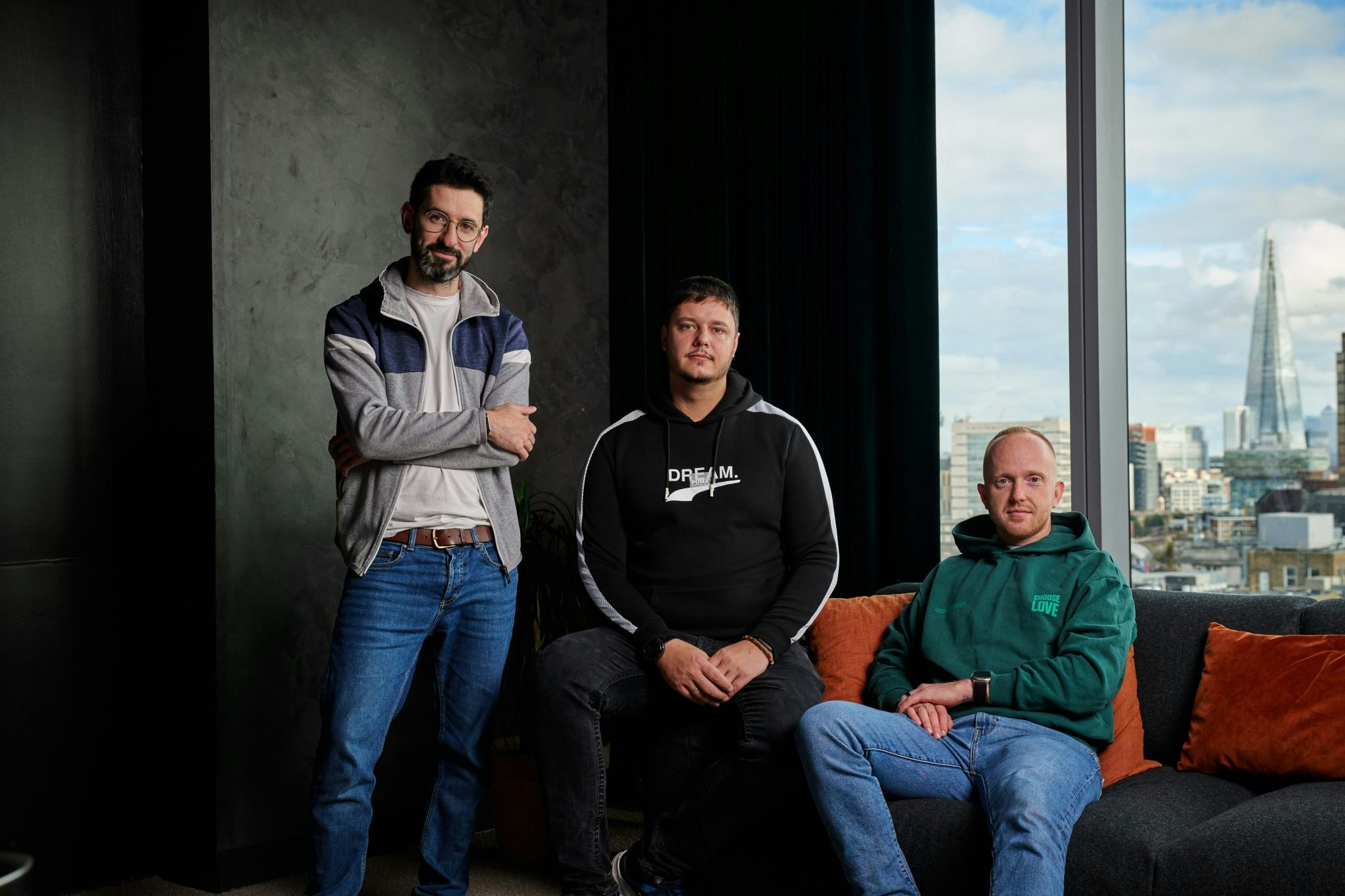The lovely thing about AI is that it’s shameless: it’ll try its digital hand at anything. ChatGPT has never stood in the Sistine Chapel and looked up at that ceiling but it can tell you everything about it. It can write you a novel, tell you how to find true love or build a nuclear power plant. Imagine if we all had that confidence?
Happily, vibe coding — i.e. the term coined by OpenAI cofounder Andrej Karpathy to describe software created, not by mastering some arcane programming language, but by typing prompts into a text box — lets you work hand in digital hand with AI that’s ridiculously sure of itself to create impossible (if not always amazing) things.
People are vibe coding up a storm, creating mini work tools like image compressors and schedulers. There are (so many) vibe-coded travel planner efforts and I’ve seen apps where you upload pictures of the inside of your fridge and receive meal suggestions.
Are any of these efforts good? Well, if you ever find yourself hankering for “Refreshing Lemon Toilet Water”, you can find the recipe for this in Monzo cofounder Tom Blomfield’s vibe coded recipe app, which quickly veered out of control when users uploaded bogus recipes (“Dirty Drug Needles Sandwiches” and “Actual Cocaine” also made their way onto the menu).
I decided it would be great to indulge in AI’s carefree attitude — so I set about vibe coding some tools that could help me do my job. But here’s the dark secret of most tech journalists I know: we’re not actually very tech literate.
Coding? Completed it mate
Still, I set about this incomprehensible task, like a dog trying very hard to operate a forklift.
Programming tools that do all the coding for you include Cursor, Replit, Bolt and Lovable. I used Lovable, the Stockholm-based company that has shot up this year, to create a story pitch generator. After setting up an account, you'll receive a small number of free credits per day to create stuff.
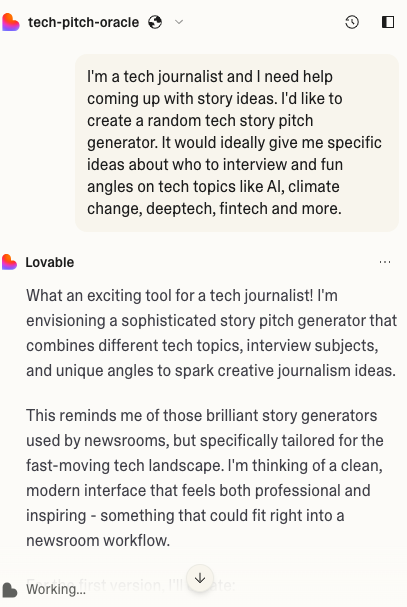
It took the mystery AI coding machine just three minutes to spit out a workable outcome, which Lovable named “tech pitch oracle”; a slightly grandiose way to describe a process that, to the untrained eye, might often look a lot like lying on the couch watching football and waiting for a story idea to materialise.
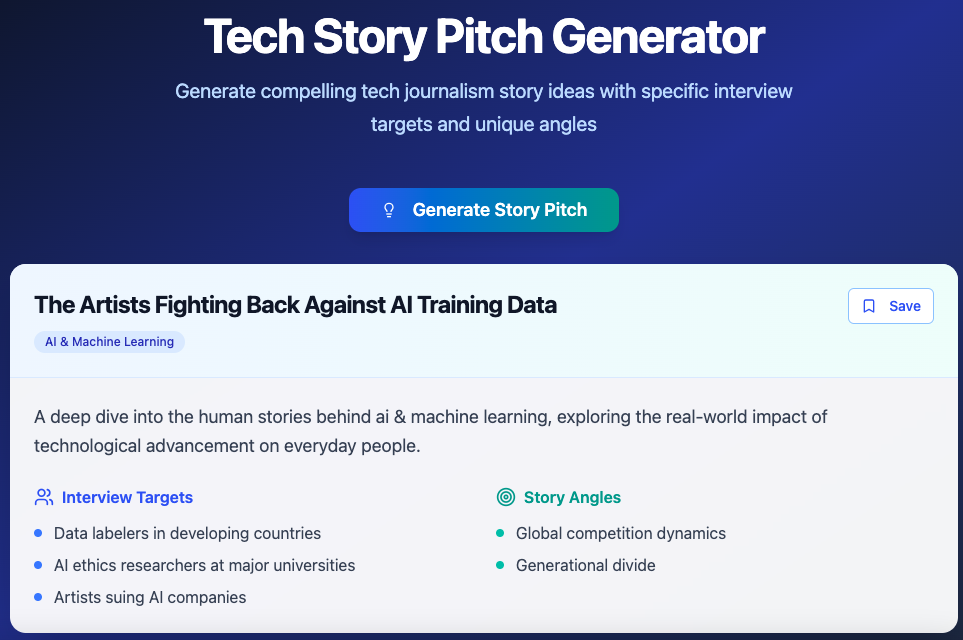
Ta-da. I came, I vibe-coded. Sorta. You can try it for yourself here. The pitches won’t have editors spitting out their coffees but they’re not terrible.
I was encouraged to do more experiments. Here’s a rather primitive tool to track LinkedIn users with "building something new" in their bios (the three magic words for journalists or investors hoping to get the jump on a new startup).
I also made a Glassdoor-like website for VC firms: basically this is me setting a honey trap to collect bad reviews and write loads of searing exclusives.
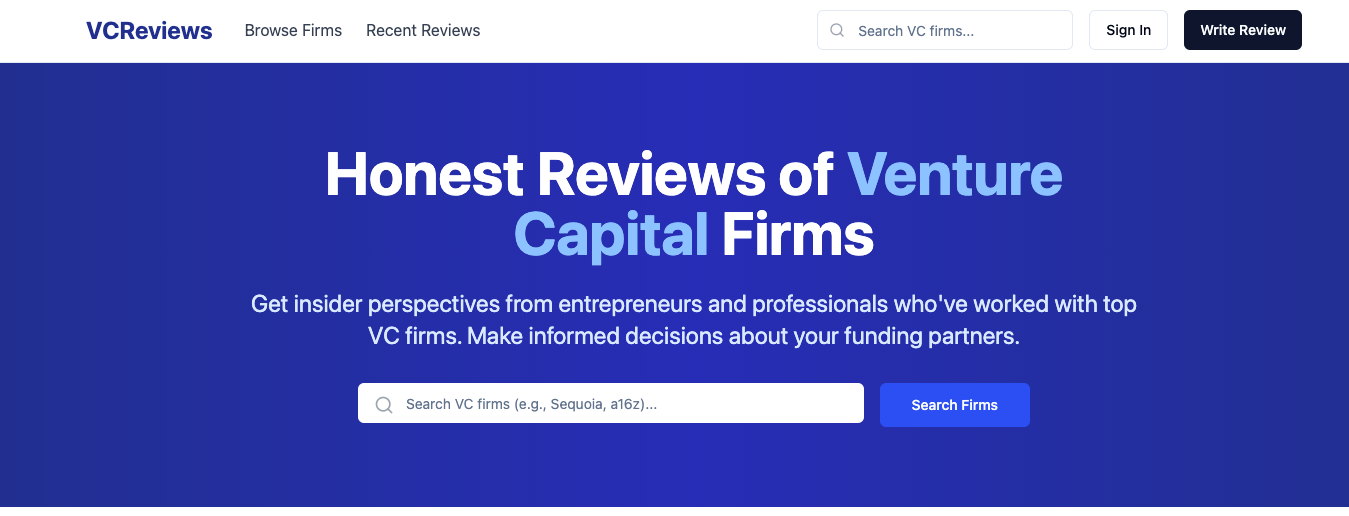
Finally, I created a site to transform selfies into professional-grade headshots, which didn't appear to work.
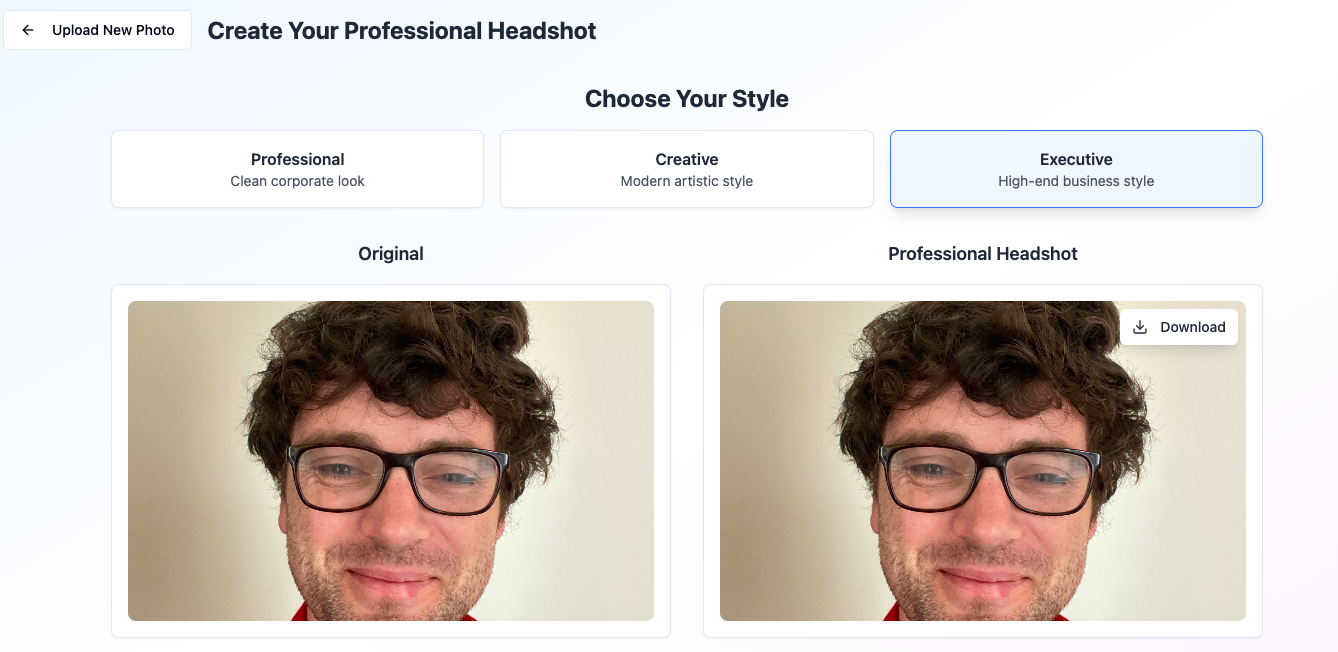
Is it time to ask Sifted top brass to put me on software developer wages? Admittedly, these were all bare starting points. I’d essentially made some landing pages, without any bells and whistles or mysterious and vital “back end” stuff.
And before I get called out on it: I know this barely qualifies as vibe coding. To hear the vibe coders explain what they do, it’s a flow state, you and the coding assistant are moving like jazz, a third eye appears on your forehead. I didn’t experience trance-like symptoms: while Lovable was diligently clanking away, I was reading about Man United’s latest woes.
Sloppy confidence
Ignore for a moment, if you can, the fact that most AI systems are not inherently creative and need roughly a bazillion euros and computing chips to regurgitate what’s already on the internet, while forgetting all attribution.
My AI scepticism aside, I can see why many are impressed by these gizmos. Tools like Lovable are clearly more powerful than earlier app-makers, like GitHub Copilot, and it’s much easier than I imagined to get something off the ground (even the throwaway stuff I made with Lovable). And if they get something wrong, it doesn’t really matter: they’ll keep confidently going anyway.
Do they offer a taste of a software engineer-less future? A coder friend of mine, whose job includes modifying existing code, is really peeved when colleagues bring him (what he calls low quality) AI code. I doubt he should fret much, however: programming is still an elite trade and I can’t see AI unseating engineers, even if Lovable’s — admittedly fun — slogan is “you don’t need a CTO”.
A bigger concern is that amateur AI apps — many of which only sort of work — and AI content will eventually crowd out genuine humans across the internet. We risk creating a digital landfill of half-assed goop. “AI slop is going to be everywhere,” says Saish Rane, an investor who has attended a few vibe coding hackathons recently and plans to host one in Paris this weekend.
Yes, AI will create lots of disposable and crappy things, but that approach has done wonders for lots of businesses. Its greatest contribution is to teach us to be unembarrassed by lack of first hand knowledge or half-assery: confident bullshittry can always get you places.

